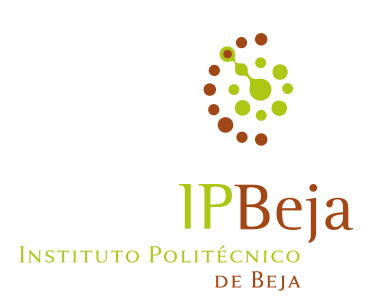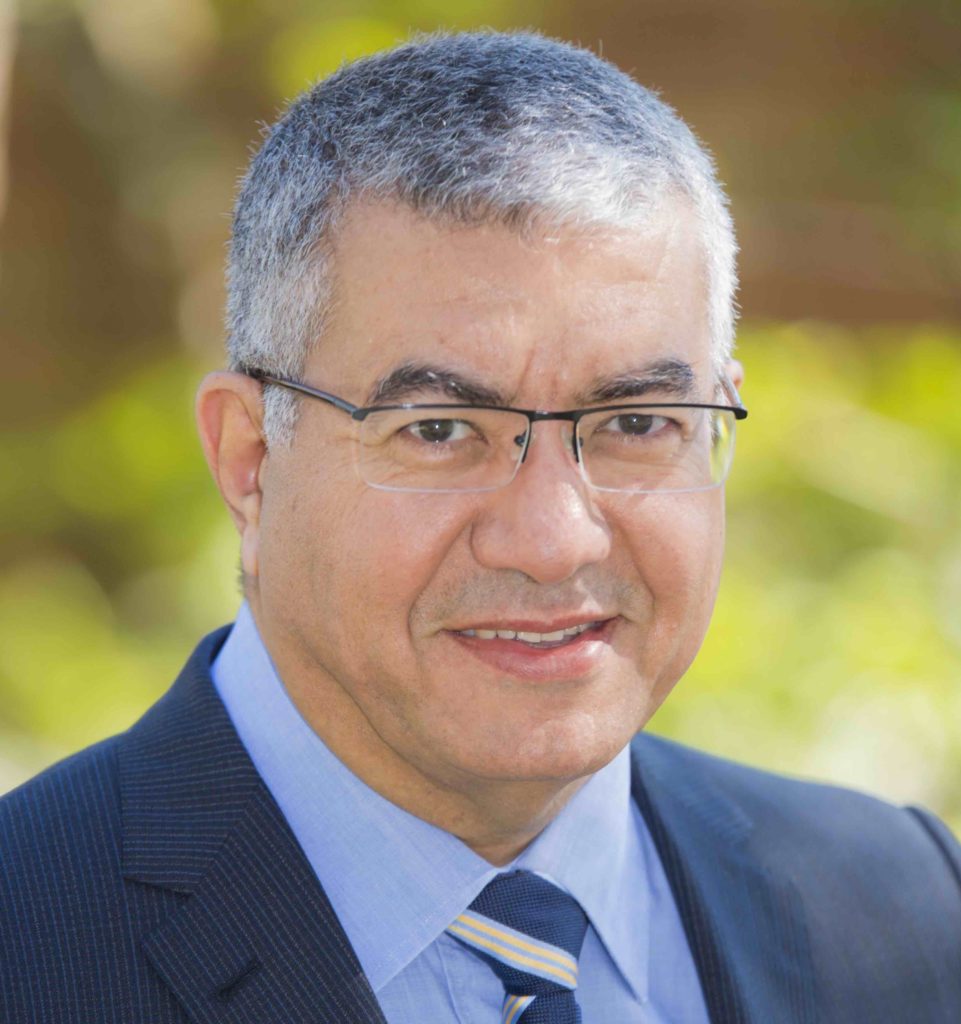FOURTH INTERNATIONAL WORKSHOP
ON GERONTECHNOLOGY
Évora (Portugal) and Cáceres (Spain)
November 23-24, 2021
ABOUT
In most parts of the world, over the past 50 years, socio-economic development has been accompanied by large falls in fertility and equal increases in life expectancy. This phenomenon has led to a rapidly aging population around the world.
Increasing life expectancy presents many opportunities to individuals as well as the communities they live in. Older people can contribute to society in many different ways. However, the scope of these opportunities and the contributions will depend heavily on the health of these elder. In most developed countries, elders live their last years of life in relative good health. Although it is also true that many of the elderly suffer or are at risk of suffering cognitive and physical difficulties.
In the coming years, ensuring that the elders can enjoy the best possible health conditions will be one of the biggest social challenges. Addressing this challenge will require knowledge over the elderly life, the management of this knowledge, the provision of concrete and swift responses to their problems, etc.
Technology can be leveraged for assuring an improved quality of life for the elders.

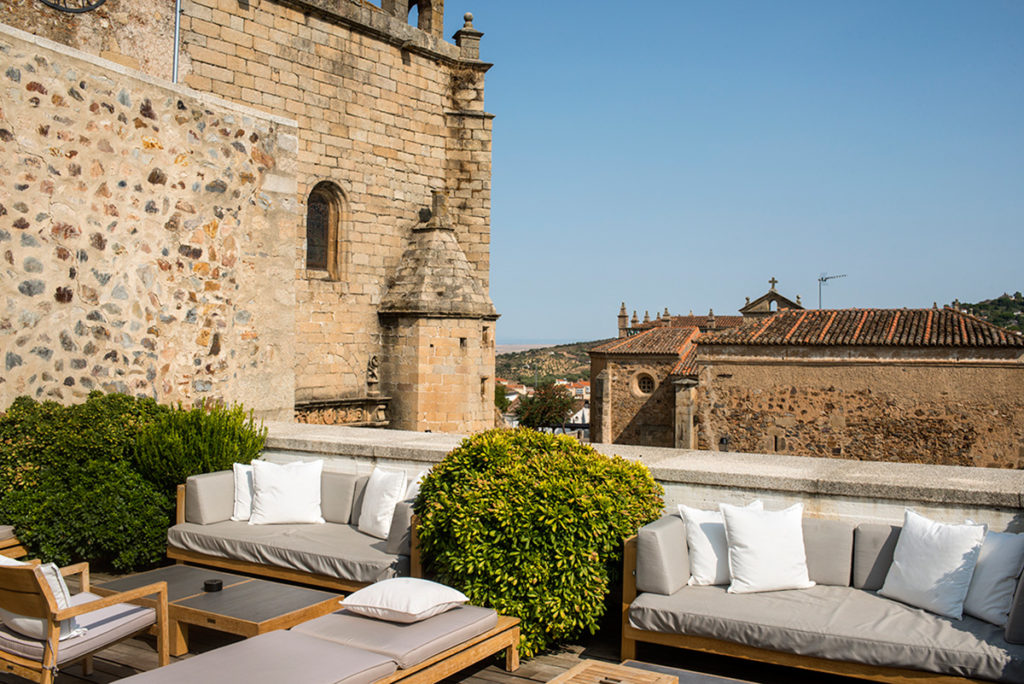
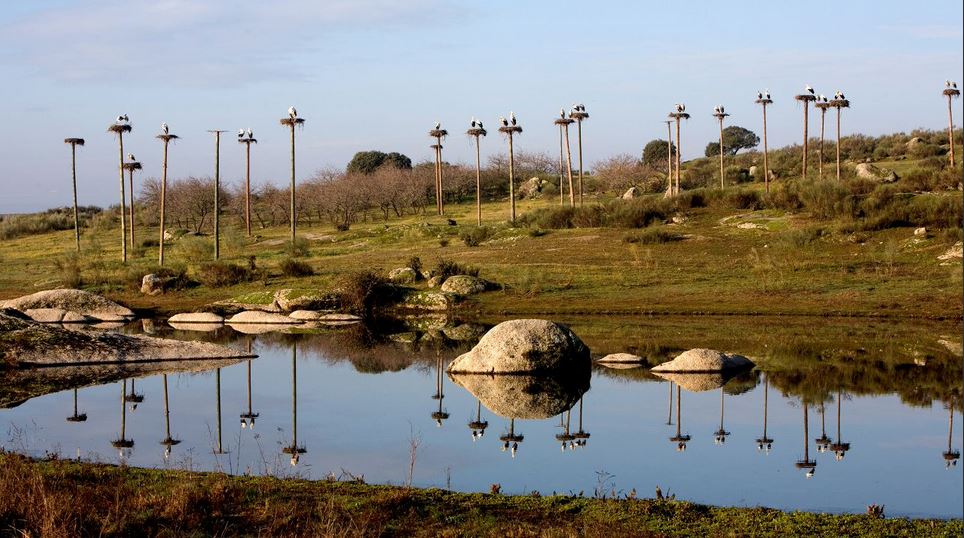
DATES
| EVENT | DEADLINE |
|---|---|
| Workshop Papers Submission | October 8, 2021 |
| Paper Acceptance Notifications | November 5, 2021 |
| Workshop | November 23-24, 2021 |
JOIN THE MEETING
To follow the presentations virtually, it is possible to connect using the following Zoom links for each day:
IWoG 2021 – NOVEMBER 23, ÉVORA
23 nov. 2021 01:45 p.m. Lisboa / 02:45 p.m. Spain
IWoG 2021 – NOVEMBER 24, SPAIN
24 nov. 2021 09:30 a.m. Lisboa / 10:30 a.m. Spain
KEYNOTES
PROGRAM CHAIRS
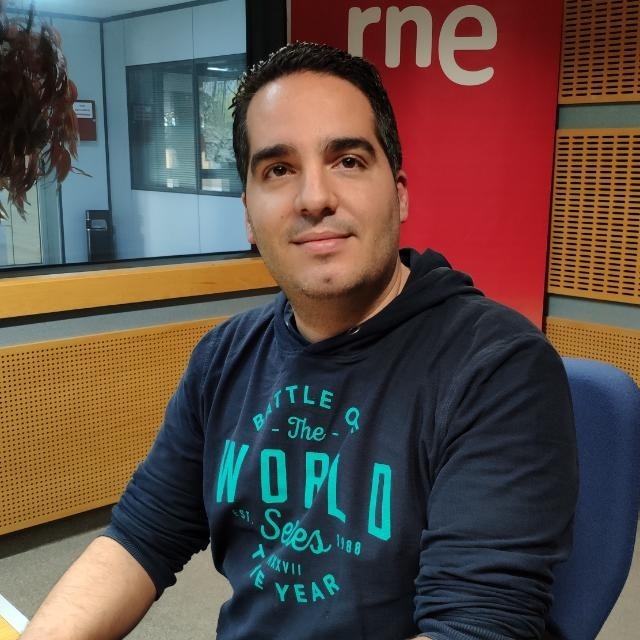
José García-Alonso
University of Extremadura, Spain

César Fonseca
University of Évora, Portugal
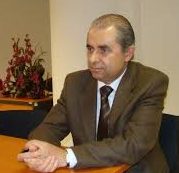
Manuel Lopes
University of Évora, Portugal
CONFERENCE PROGRAM
PROGRAM COMITTE
Juan Manuel Murillo. University of Extremadura, Spain (Polytechnic School).
Javier Berrocal. University of Extremadura, Spain (Polytechnic School).
Enrique Moguel. University of Extremadura, Spain (Polytechnic School).
Lorenzo Mariano Juárez. University of Extremadura, Spain (Nursing School).
Sergio Cordovilla. University of Extremadura, Spain (Nursing School).
Carlos Canal. University of Málaga, Spain.
Lara Guedes de Pinho. University of Évora, Portugal.
Manuel José Lopes. University of Évora, Portugal.
David Mendes. University of Évora, Portugal.
Niko Mäkitalo. University of Helsinki, Finland.
César Alberto Collazos. University of Cauca, Popayán-Colombia.
Julio Ariel Hurtado. University of Cauca, Popayán-Colombia.
Mohamed Mohamed. Ubiquitous Platforms Almaden Research Center. San Jose, California-USA.
Luca Foschini. University of Bologna, Italy.
Elena Navarro. University of Castilla-La Mancha, Spain.
Javier Jaén. University of Valencia, Spain.
Felismina Mendes. University of Évora, Portugal.
Pedro Parreira. Nursing School of Coimbra, Portugal.
Ana Paula Oliveira. Polytechnic Institute of Portalegre, Portugal.
Adriano Pedro. Polytechnic Institute of Portalegre, Portugal.
Rogério Ferreira. Polytechnic Institute of Beja, Portugal.
Ana Canhestro. Polytechnic Institute of Beja, Portugal.
Henrique Oliveira. Polytechnic Institute of Beja, Portugal.
Maria Margarida Palma Goes. Polytechnic Institute of Beja, Portugal.
Lucília Nunes. Polytechnic Institute of Setubal, Portugal.
Lisete Mónico. Faculty of Psychology and Educational Sciences at the University of Coimbra, Portugal.
Laura Ruotsalainen. University of Helsinki, Finland.
Angela Barriga. Western Norway University of Applied Sciences, Norway.
Alejandro Rodriguez. Western Norway University of Applied Sciences, Norway.
Fabio Casati. University of Trento, Italy.
Sergio Ochoa. University of Chile, Chile.
Patricia Paderewski. University of Granada, Spain.
Francisco Luis Gutiérrez. University of Granada, Spain.
John Edison Muñoz. University of Waterloo, Canada.
Jeferson Arango. University of Caldas, Colombia.
Francisco Chávez de la O. University of Extremadura, Spain (University Centre of Merida).
PROCEEDINGS
On the following link you can freely download the workshop proceedings (only available for a limited time):
WORKSHOP PUBLICATION
We are in the process of negotiation with Springer to publish all accepted works (full and short papers) in a Springer volume as last year. This year accepted works will be published in a Springer LNBE volume. Submitted papers must be formatted in accordance to the information for Springer authors. More info here and here.
At least one author of each accepted submission must register and present the work during the corresponding session.
The following types of submissions are accepted:
- Full research papers with a maximum length of 12 pages, including references and appendices.
- Short papers and position papers with a maximum length of 6 pages, including references and appendices.
- Abstracts with a maximum length of 300 words.
To send articles, please note that LNBE follows the Reference Style Basic, Citation Style NameYear and Numbering Style ContentOnly. You can send your contributions through the following URL: https://easychair.org/conferences/?conf=iwog2021
Authors should consult Springer’s authors’ guidelines and use their proceedings templates, either for LaTeX or for Word, for the preparation of their papers. Springer encourages authors to include their ORCIDs in their papers. In addition, the corresponding author of each paper, acting on behalf of all of the authors of that paper, must complete and sign a Consent-to-Publish form, through which the copyright for their paper is transferred to Springer.
PARTNERS




